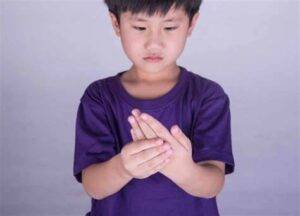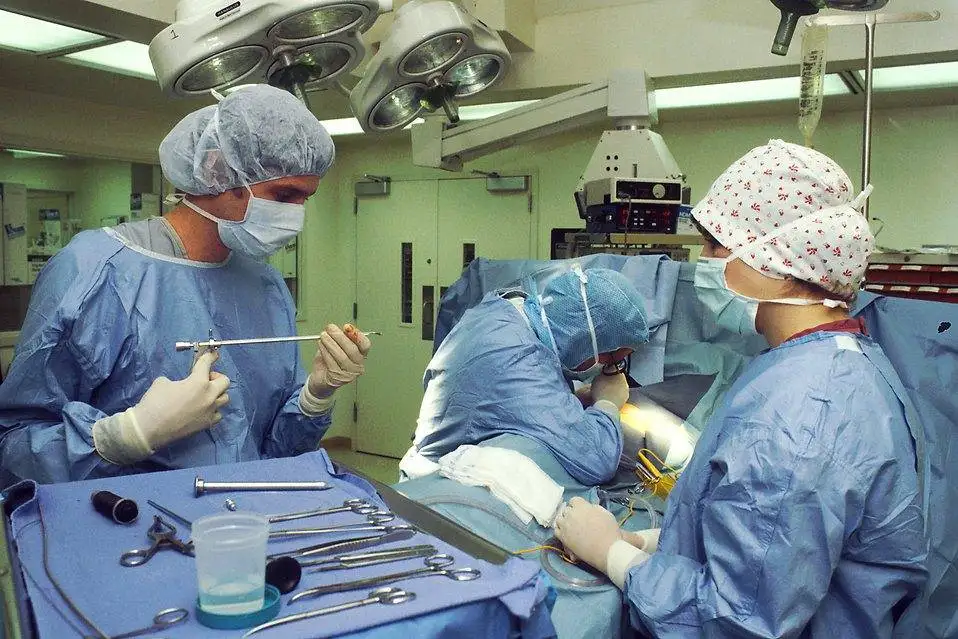Juvenile Arthritis: More Than Just Growing Pains
When we think of arthritis, we often associate it with older adults. However, arthritis isn’t exclusive to that age group; it can affect children too, in a form known as juvenile arthritis. Let’s explore this condition that brings unexpected joint pain into young lives.
What is Juvenile Arthritis?
Juvenile arthritis is a term used for various types of arthritis that occur in children aged 16 or younger. It involves inflammation of the joints, leading to symptoms like pain, swelling, and stiffness.
The Root Causes: What Triggers It?
The exact cause is unknown, but several factors are believed to contribute:
- Genetics: A family history of autoimmune disorders can be a factor.
- Environmental Triggers: Such as infections or trauma.
- Immune System Dysfunction: Where the body mistakenly attacks its own tissues.
Symptoms: Beyond the Obvious
While joint pain is the most common symptom, others include:
- Morning Stiffness: Difficulty moving joints after waking up.
- Fever and Fatigue: General feelings of illness.
- Rashes: Unexplained skin rashes may accompany joint issues.

Diagnosis: The Steps to Identification
Diagnosing juvenile arthritis involves multiple steps:
- Medical History: A thorough review of symptoms and family history.
- Physical Examination: Checking for joint inflammation and mobility.
- Blood Tests and Imaging: To rule out other conditions.
Treatment: A Holistic Approach
Treatment aims to relieve symptoms and improve quality of life:
- Medication: Anti-inflammatory drugs and immunosuppressants.
- Physical Therapy: Exercises to improve joint function.
- Lifestyle Changes: Diet and exercise can play a role.
Emotional Impact: The Overlooked Aspect
Juvenile arthritis can be emotionally taxing for children, affecting their self-esteem and social interactions. Emotional and psychological support is crucial.
The Road Ahead: Living with Juvenile Arthritis
While there’s no cure, many children with juvenile arthritis go on to lead fulfilling lives, thanks to advances in treatment and support.
Next Steps
If you find this information valuable and want to stay updated on children’s health issues, consider subscribing to our newsletter. If you’re dealing with juvenile arthritis or other joint-related concerns in your child, feel free to book an appointment with Dr. Michael Nwaneri. We’re here to offer expert advice, no obligations.



